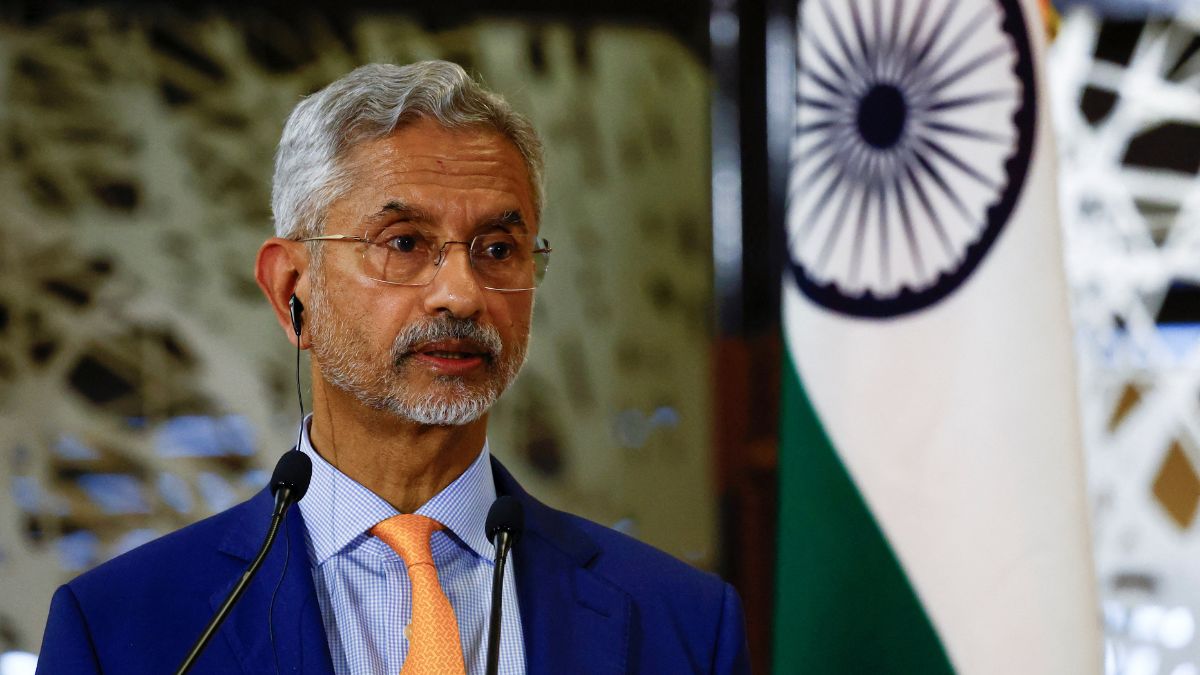Indian External Affairs Minister S Jaishankar said Wednesday (June 11) that India and China were two rising powers that helped create a new equilibrium between them and the world. He also accused previous governments of not doing “what they should have done” in terms of market modernisation.
“… The Chinese began their modernisation earlier than us, largely because our governments at the time did not do what they should have done… India and China are both rising powers that are creating a new equilibrium…" Jaishankar said while speaking at the German Marshall Fund (GMF) Brussels Forum 2025.
The foreign minister was asked how New Delhi sought to take advantage of China’s economy while navigating tensions, and how Beijing’s actions affected policies in India.
Jaishankar in response said both India and China were civilisational states and dubbed bilateral ties as an “incredibly complicated matrix".
“…China is an immediate neighbour. It’s a neighbour with whom we’ve had unsettled boundaries. So that’s a big factor in our relations. We have a situation where China and India stand out because they’re the only two countries with over a billion people but also because they are two civilisational states in a way," Jaishankar said.
Jaishankar said there was a parallel rise of the Indian and Chinese economies, but he acknowledged that China started reforms and modernisation much ahead of India.
Impact Shorts
More Shorts“You have the rise of China, you have the rise of India. Now, each one is creating a certain new equilibrium between them and the world. And then much more complex equilibrium between the two rising powers, who also happen to be neighbours that sometimes have common neighbours as well. So, it is an incredibly complicated matrix and there are different dimensions to it," he said. “There is the boundary dimension to it, there’s the balances if you would, there are economic issues, trade issues, there are concerns – we have different economic social values, political models."
When asked about Europe’s perception towards China, Jaishankar said there has been an evolution and change in stance.
“But I would also make the point that not all of Europe is obviously moving at the same speed and wavelength, so there are some who have different views, some who are more hard-headed. I would make that distinction vis-a-vis China," the top diplomat added.
)